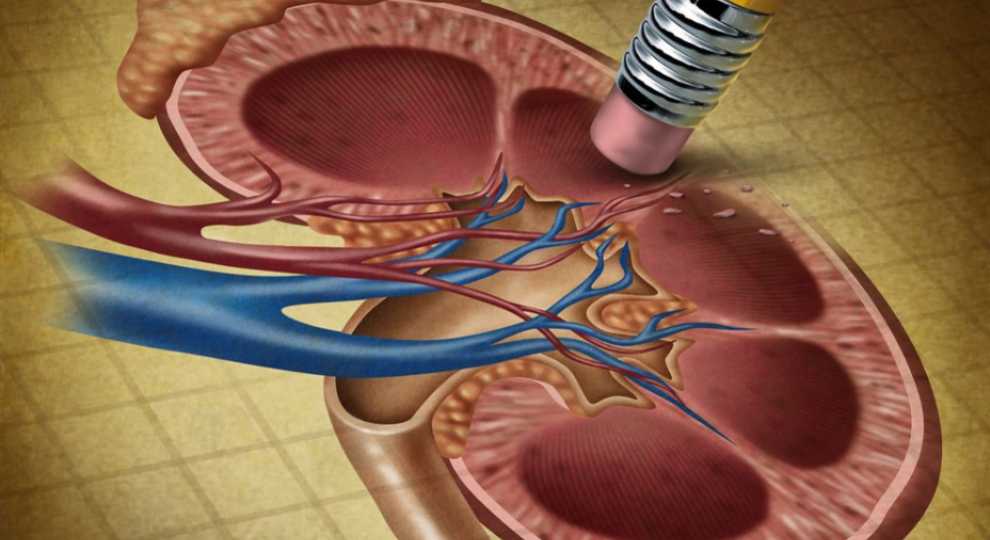
Kidney Cancer in the Light of Current Information
The incidence of kidney cancer varies by region worldwide, with the highest rates reported in the Czech Republic and North America. In Turkey, kidney cancer is the 10th most common cancer in men, especially in older individuals, and the incidence is increasing in developed countries.
The kidneys are two bean-shaped organs, approximately the size of a fist, on each side of the spine. They rest against the back of the abdomen and are protected by the lower part of the rib cage. Above each kidney are the adrenal glands, also covered by a thin fibrous membrane called Greto's fascia.
The kidneys act as filters in the body, separating and filtering waste materials from the blood. The resulting urine is then passed through the urethra to the bladder for storage until it is expelled from the body. In addition to filtration, the kidneys have other vital functions, including the secretion of the hormone renin, which regulates blood pressure and fluid balance, and the hormone erythropoietin, which controls red blood cell production.
Kidney failure can occur; in such cases, dialysis may be required to filter the blood. However, a kidney transplant may also be an option for some patients. Various types of kidney cancer can develop, including benign and malignant tumors. Kidney cysts are a common benign condition that generally does not require treatment but are monitored for changes.
alignant kidney cancer poses a significant health risk and is usually diagnosed in individuals over 60. Men are 50% more likely to develop this type of cancer than women. However, effective treatment methods are available, and cancer can be cured with early diagnosis, similar to other types of cancer.
In conclusion, kidneys are crucial organs that perform essential bodily functions. Regular medical checkups and a healthy lifestyle can reduce the risk of developing kidney cancer and other kidney-related health problems.